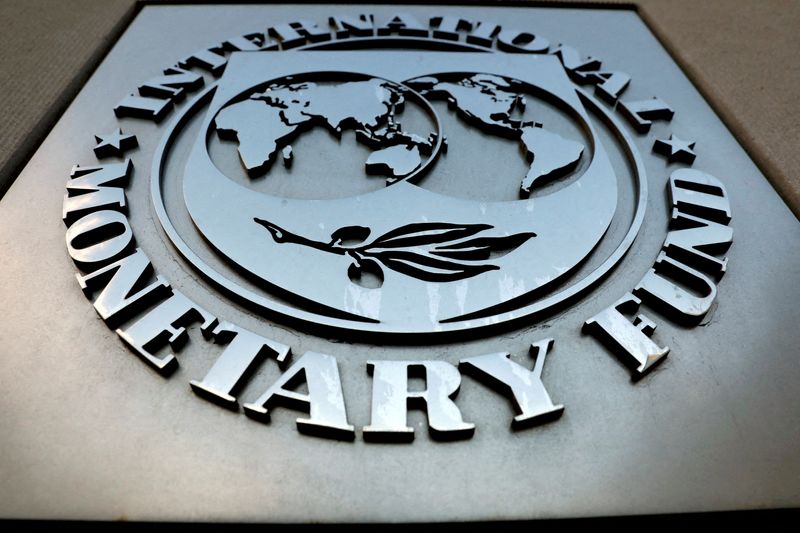(Reuters) - The non-bank sector now accounts for half of the assets of the entire world financial system and should be more closely regulated to protect its stability, staff economists from the International Monetary Fund said on Tuesday.
The release of the research comes a week before the IMF and World Bank convene a semi-annual gathering of central bankers and finance ministers in Washington, amid the fallout from last month's failures of American and European banks.
In the years since the 2008 Wall Street meltdown, governments have promoted economic growth by keeping interest rates low while beefing up oversight of traditional banks.
According to the IMF paper, this has driven trillions of dollars of financial assets into the hands of hedge funds, insurance companies, pension plans and others outside the banking sector that may make riskier investments in search of profits but with fewer safeguards and scant publicly available data of the sort needed for oversight.
"Policy makers need appropriate tools to tackle turmoil" among non-bank financial intermediaries, senior IMF officials said in a blog post released simultaneously. "Robust surveillance, regulation, and supervision are essential pre-requisites."
The authors, Fabio Natalucci, Antonio Garcia Pascual and Thomas Piontek, pointed in particular to last year's bond crisis in Britain, when an ill-fated government stimulus plan set off a vicious cycle.
The increase in government borrowing drove up bond yields, causing eye-watering losses for pension funds with leveraged fixed-income investments, which resulted in margin calls that forced the funds to sell and drove yields even higher - until the Bank of England stepped in.
In times of high inflation, market stress like this can leave central banks facing hard choices between contradictory aims: on one hand needing to tighten monetary policy to keep prices under control, while on the other feeling pressure to stabilize failing institutions or markets with cash injectons, according to the research paper.

As a result, non-bank financial intermediaries "need to be regulated and supervised from a myriad of different angles", it said, including with data disclosure and governance requirements to manage risk and rules for capital and liquidity management.
Central banks may still face crises, but their interventions should be temporary, targeting specific areas that pose the greatest threat, providing access to special loan facilities or acting as lenders of last resort under strict conditions with close oversight from regulators, the IMF paper said.